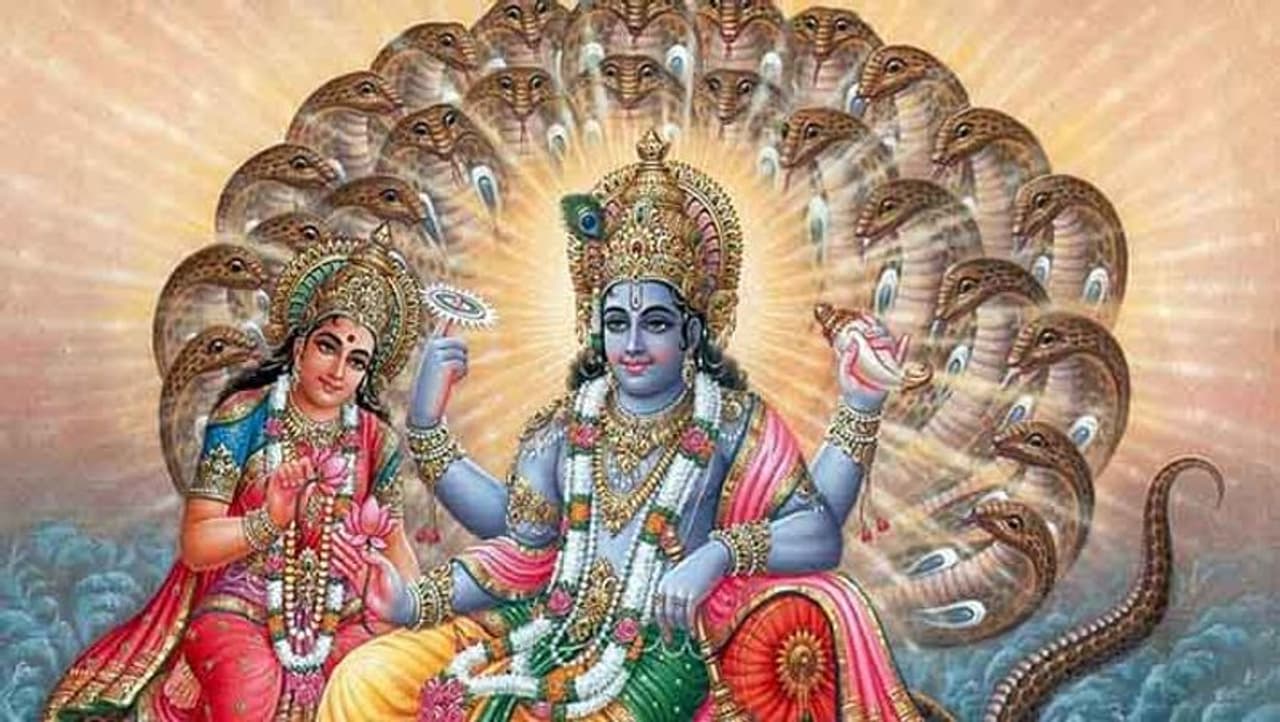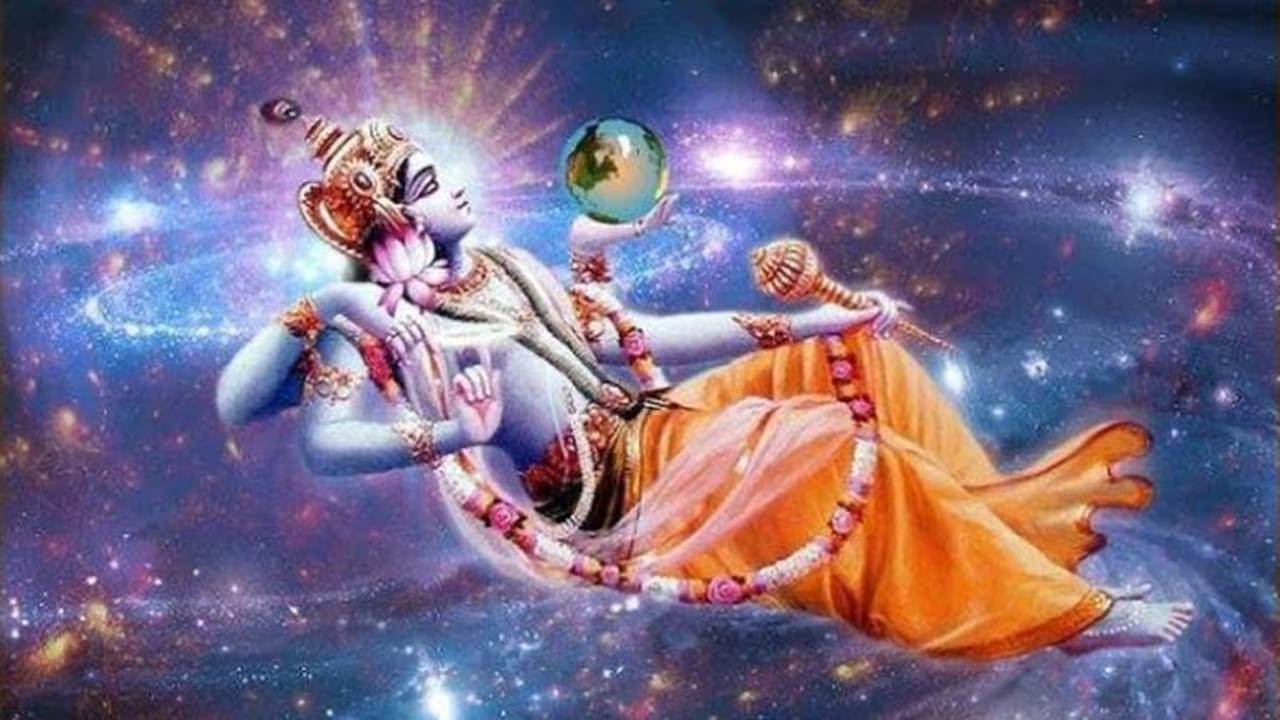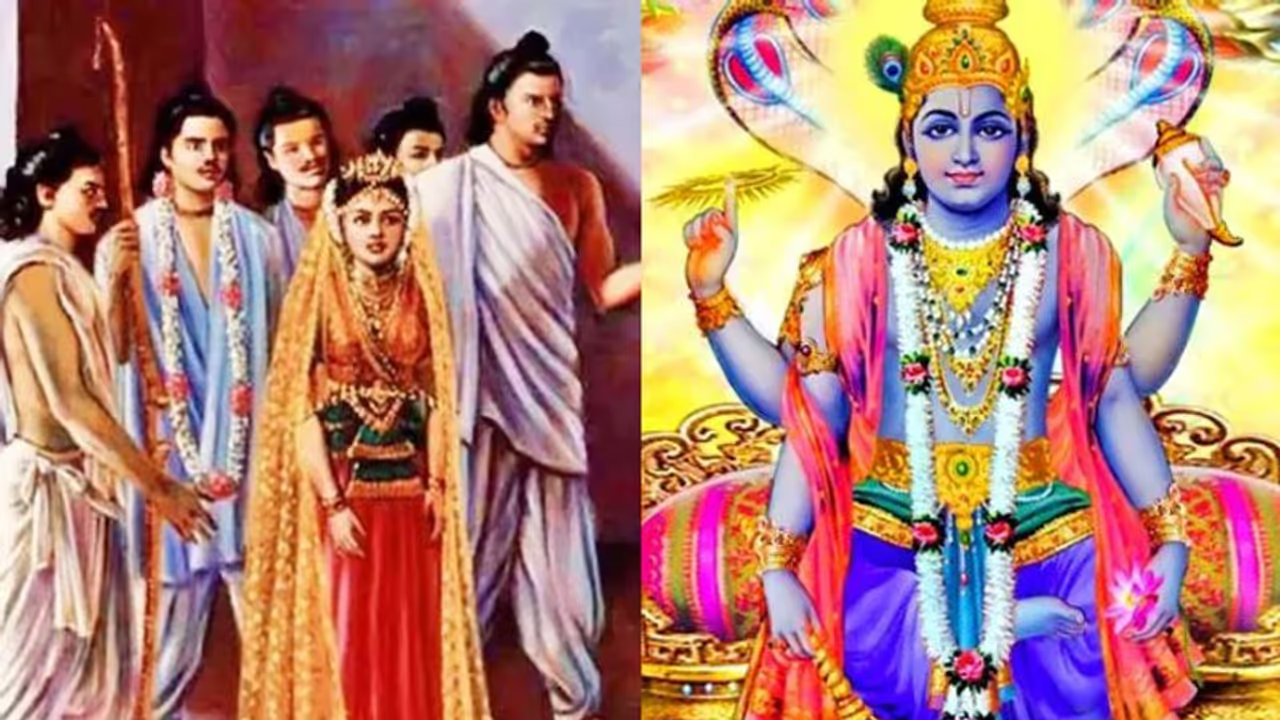Ekadashi is observed eleven days after the new moon and eleven days after the full moon. The day of Lord Hari is known as Ekadashi, and it is considered the origin of devotion. This year Pandava Nirjala Ekadashi will be observed on May 31.
In the Vaishnava calendar, Ekadashi is one of the regular celebrations. Every month, it is observed eleven days after the new moon and eleven days after the full moon. Ekadashi is observed even in the thirteenth, or leap, month known as adhika-masa or purusottama-masa, which occurs every three years and is the only time no other festivals are observed. The day of Lord Hari is known as Ekadashi, and it is considered the origin of devotion.

According to the Brahma-vaivarta Purana, someone who observes fasting on Ekadashi day is free from all types of reactions to sinful acts and progresses in a life of holiness. The fundamental idea is to strengthen one's love and devotion for Govinda, or Krishna, in addition to fasting. The main purpose of fasting on Ekadashi is to lessen the demands on the body and to devote our time to serving the Lord through chanting or other acts of worship.
And of all the Ekadashis, Pandava-nirjala Ekadashi or Bhima Ekadashi, is the most special.
Bhima, one of the Pandava brothers, requested one vrata day by which he could obtain the fruits of all the other days of vrata that he was incapable of observing. Vyasadeva advised him to follow this difficult vrata.

Bhima asked Vyasadeva, "Without obeying the rules of Ekadashi, is it possible to go back to Godhead? You are very intelligent, and my elder brother Yudhisthira Maharaj, my mother, my wife and my other brothers, Arjuna, Nakul and Sahadeva, all of them obey the rules of Ekadasi very perfectly. But I’m not able to follow the rules of Ekadashi! As my whole family is religious, so they all tell me to obey the Ekadashi. But O! Pitamaha, I want to tell you that I can’t stay without eating! My stomach’s digestion fire is so huge that I cannot stay without eating. I can give as much as needed in donations! I can worship Lord Krishna with any condition, but I cannot obey the rules of Ekadashi. So please have mercy on me and enlighten me that how can I get that same fortune without obeying the rules of Ekadashi?”
Vyasadeva replied, "Two Ekadashis are observed in a month, one in the Sukla Paksa and one in Krishna Paksa. One who does not follow both these Ekadasis, he can never go back to the Godhead; rather, he is being punished in hell. If you want to back to Godhead and don’t want hellish punishment, then you will have to follow both Ekadashi.”
When Bhima received this response from Vyasadeva, he was greatly unhappy and again pleaded his case to Vyasadeva, explaining that he couldn't go without food since his stomach contained a particular fire known as Vrika Agni.
Therefore, when Bhima learned that there was no food on certain days of the month, he became alarmed and asked Vyasadeva, "Please provide me with a solution to my issue, and let me know how I can obtain the good fortune of returning to Godhead. I can only follow one Ekadashi per year, therefore please let me know which Ekadashi and on what day I can benefit from following all of them."

Srila Vyasadeva continued to explain Bhima the importance of Ekadashi. "Because Kaliyuga people are notoriously careless with their responsibilities, penance, and devotion, the scriptures advise us to faithfully follow the Sukla and Krishna paksha every month, as well as the Ekadashis. According to Srimad Bhagwatam, we should surrender to Krishna, and by observing Ekadashi, we could deepen our love for him. Because Ekadashi aids in our submission to Krishna, it is crucial that we follow Srimad Bhagavatham's instructions. A follower of Ekadashi never needs to visit the lower planets."
